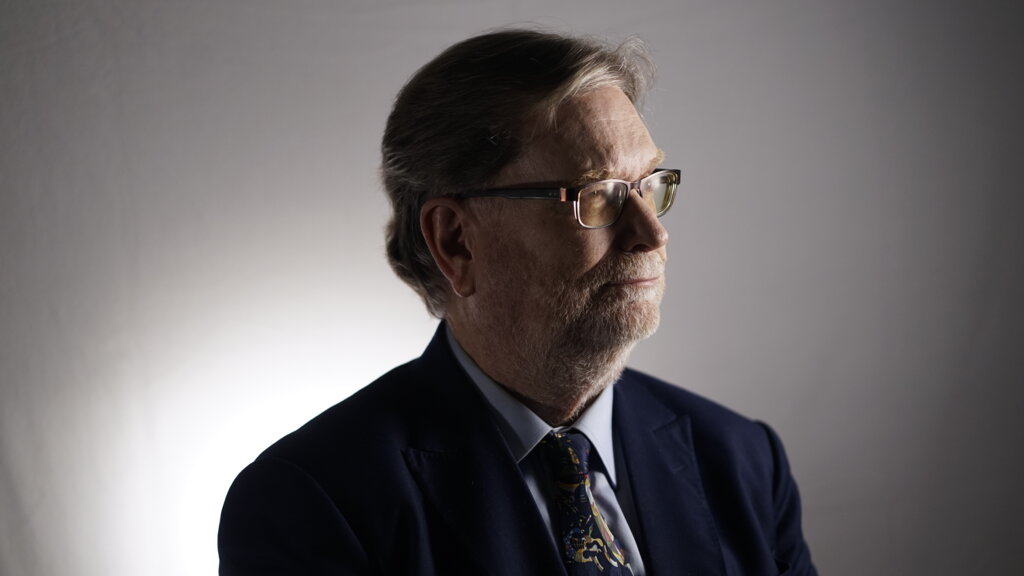Press release
14 February, 2017
The theme for Nobel Prize Dialogue in Tokyo has attracted interest from key opinion leaders, policy makers, students, researchers and the general public. When pioneers, Nobel Laureates and leading experts meet on 26 February to share the latest findings and different perspectives in the area of human and artificial intelligence, it will be for a full house at Tokyo International Forum.
“We are very pleased to see the great interest for the event. Nobel Prize Dialogue is one of the pillars of our global outreach and aims to stimulate interest in science, literature and peace in line with Alfred Nobel’s vision and legacy for the greatest benefit of mankind. By bringing together science and society we can address important future challenges,” said Mattias Fyrenius, CEO of Nobel Media AB, which hosts Nobel Prize Dialogue Tokyo in collaboration with the Japan Society for the Promotion of Science.
A full program of inspiring lectures and panels will take place around the theme “The Future of Intelligence”. Five Nobel Laureates, including Susumu Tonegawa, Nobel Laureate in Physiology and Medicine 1987, will attend. Nicole Dewandre from the Joint Research Center at the European Commission, Professor Takeo Kanade from Carnegie Mellon University, and Professor Stuart Russell from University of California, Berkeley, are three of around 25 scientists and experts participating from all over the world. Sessions are followed by audience questions, creating an opportunity for attendees and experts to connect and share knowledge.
Many questions will be raised such as: What will the future of intelligence be? What challenges do our societies face from science and technology? What sorts of intelligence do we need to meet future challenges? In the afternoon there will be diverse discussions around themes such as Innovation and Business, Mobility and Accessibility, Human intelligence and AI. The day ends with all five Laureates on stage together.
Attending Nobel Laureates
Jean-Pierre Sauvage, Nobel Prize in Chemistry 2016, Edvard I. Moser, Nobel Prize in Physiology or Medicine 2014, Eric S. Maskin, Prize in Economic Sciences 2007, George F. Smoot, Nobel Prize in Physics 2006 and Susumu Tonegawa, Nobel Prize in Physiology or Medicine 1987.
Nobel Prize Dialogue Tokyo 2017 Programme
Please see the detailed programme at: http://www.nobelprizedialogue.org/tokyo2017/programme/
About Nobel Prize Dialogue
Nobel Prize Dialogue is an open, cross-disciplinary meeting bringing together a unique constellation of Nobel Laureates, world-leading scientists, policy makers and thought leaders to discuss global issues that affect us all. A forum for scientists and non-scientists alike, the meeting aims to deepen the dialogue between the scientific community and the rest of society. The Nobel Prize Dialogue is free to attend and accessible to a worldwide audience online. The conference is inspired by Nobel Week Dialogue, which has been taking place in Sweden since 2012 on the day before the Nobel Prize Award Ceremony.
About JSPS
The Japan Society for the Promotion of Science (JSPS), or Gakushin for short, is an independent administrative institution, established by way of a national law for the purpose of contributing to the advancement of science in all fields of the natural and social sciences and the humanities. JSPS plays a pivotal role in the administration of a wide spectrum of Japan’s scientific and academic programs. While working within the broad framework of government policies established to promote scientific advancement, JSPS carries out its programs in a manner flexible to the needs of the participating scientists. JSPS operates under the auspices of the Japanese Ministry of Education, Culture, Sport, Science and Technology.
